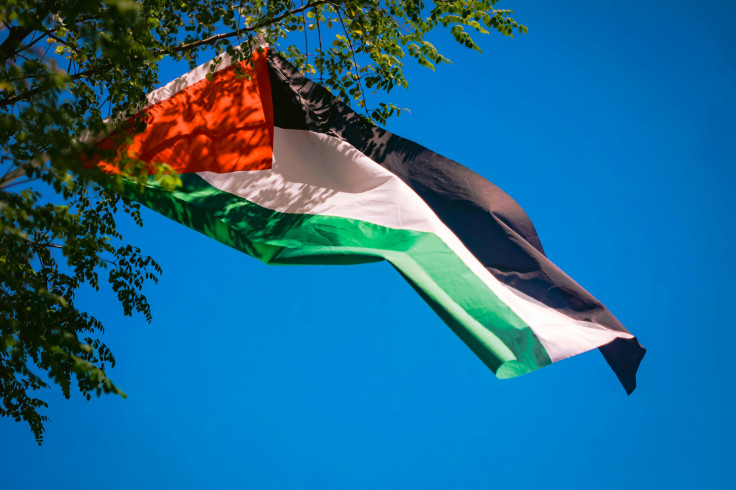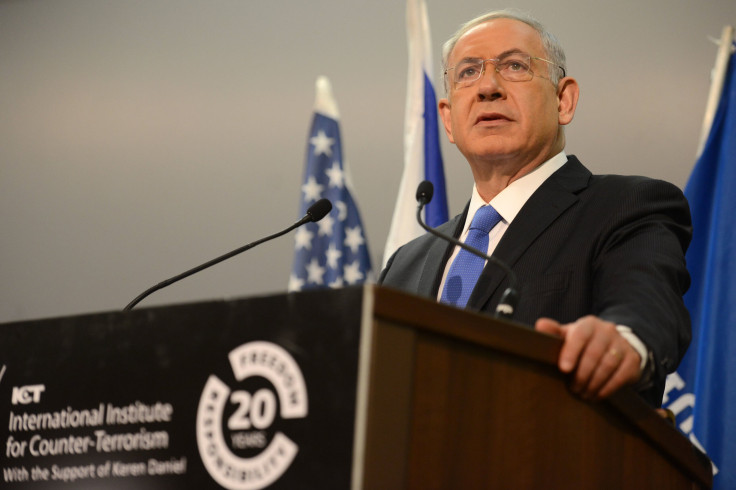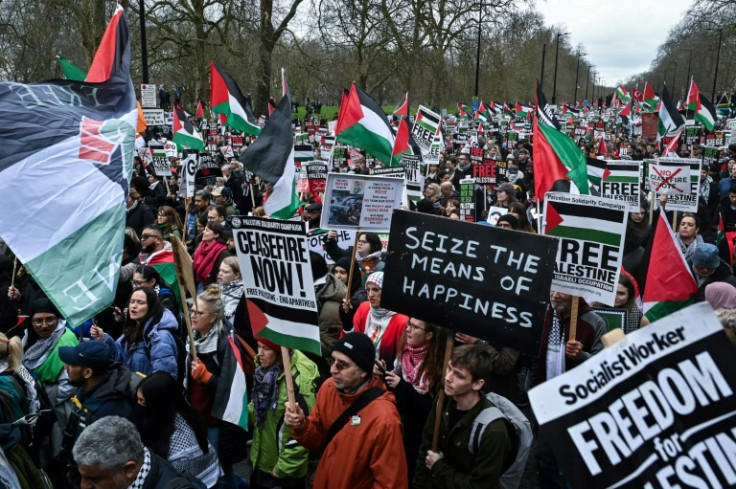Starmer to Recognise Palestinian State in Historic UK Policy Shift Today
Keir Starmer expected to announce UK recognition of Palestine, marking a historic shift in British foreign policy and defying Israeli criticism.

Prime Minister Keir Starmer is expected to formally recognise Palestine as a state today (Sunday 21 September), a decision that marks one of the most significant shifts in British foreign policy in decades.
The move comes amid deepening humanitarian conditions in Gaza, the expansion of Israeli settlements in the West Bank and sustained pressure from within the Labour Party.
Why Now
In July, Starmer said Britain would move towards recognition by September unless Israel met four key conditions: a ceasefire in Gaza, the restoration of full UN aid access, an end to settlement expansion and a credible path to a two-state solution.
With those conditions unmet, the government has concluded that recognition is necessary to keep the two-state option alive.
Foreign Secretary David Lammy has echoed this approach, telling the UN earlier this year that the UK's policy had to reflect realities on the ground and the urgency of addressing Gaza's humanitarian crisis.

Domestic Politics
The decision also answers demands from Labour MPs and grassroots activists who have long called for immediate recognition.
More than 100 Labour lawmakers and affiliated groups have urged Starmer to act, arguing that recognition would strengthen Britain's moral standing.
Starmer has emphasised that recognition is not an endorsement of Hamas and that the militant group will play no future role in Gaza's governance.
Ministers are expected to pair recognition with new sanctions on Hamas to underline that message.
International Reaction
Israel has already signalled fierce opposition. Prime Minister Benjamin Netanyahu has condemned the move, calling it appeasement that rewards terrorism.
In the United States, Republican lawmakers have urged the UK to reverse course, warning recognition will undermine Israel's security.
Families of Israeli hostages have also voiced concerns that recognition could complicate negotiations for their release.

What Recognition Means
If confirmed, Britain will join 147 UN member states that already recognise Palestine. The decision is largely symbolic but represents a sharp break with decades of UK policy that tied recognition to a final peace settlement with Israel.
Diplomats say the move could reshape London's role in the Middle East, strengthening ties with Arab states but straining relations with Israel and elements of Washington.
Recognition also raises legal questions about borders and governance, as Palestine lacks unified leadership and clearly defined territorial boundaries.

The Road Ahead
The official announcement is expected later today. While recognition does not solve the conflict's core issues, it signals that Starmer's government is prepared to act decisively and that Britain is drawing a new line in the sand on the Israeli-Palestinian conflict.
© Copyright IBTimes 2025. All rights reserved.





















